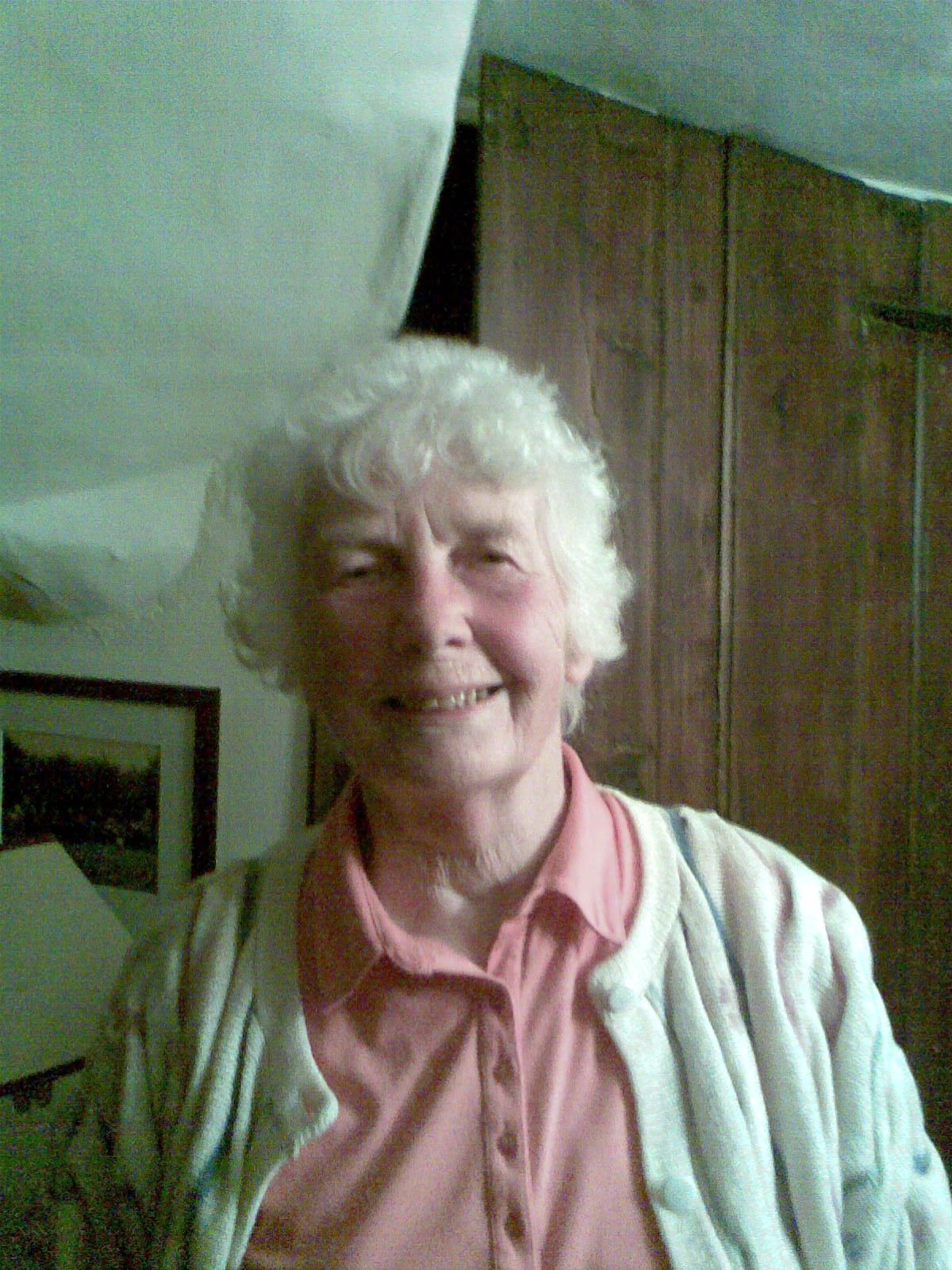” ‘They’re all so unlike me’ he thought, ‘They have feelings and they see colours and hear sounds and whirl around, but what they feel and see and hear, and why they whirl around doesn’t concern them in the least’.” (Whomper)
“If they can get you asking the wrong questions, they don’t have to worry about answers.” (Thomas Pynchon)
As a counsellor I find myself interested by Pynchon’s observation, because there really are no wrong questions in therapy. Certainly not from the point of view of the patient- or of the therapist listening to the patient. Within the confines of the 50 minute session, all questions are interesting and important because they are all a form of communication which can lead into other issues. So the simple question about holiday dates has one reply. “I’m away throughout August.” The question could rest there. But the work lies in hearing the unasked thought. Perhaps “I envy you. A whole month off. Lucky you.” Or “But you can’t leave me for a whole month. I need you.” This can then take us to a conversation about envy, anger, hatred jealousy, abandonment and so on. (As well as a genuine wish that the therapist has an enjoyable holiday!)
Whomper and the other Moomintrolls find themselves affected by a nearby volcano exploding and disrupting their normal lives. (Volcanos are good at that!) The rest of the family seem quite sanguine about events. Not so Whomper who wants to ask all sorts of difficult questions about things and cannot understand why nobody else is as bothered as he is by these events. It is interesting that Jansson gives him the task of worrying because his name, Whomper, carries a sense of someone who rushes about carelessly, just muddling through. Yet he ask the most interesting questions “What”and”Why”. when I was lecturing it was common for a shy or diffident student to ask the most interesting question. “But… why do we do this?” Sometimes they almost apologised for asking a “Silly” question. Whomper seems to be doing this. “Why do people do this? What do they feel about things?”
I spent a few years in a very fundamentalist Christian group. I was one of those who always asked the “wrong” questions. I remember saying something one day and being looked at with blank bewilderment. If had spoken in Hebrew or Swahili, I could not have been more marginalised. It wasn’t that I had asked a “wrong” question, it was that I had asked a non-question. The thought processes that lead me to ask my question were inconceivable to the mind of the person to whom I was speaking. (I fairly quickly chose what questions I asked where and when. And of whom!) For Whomper seems to be encountering something like this. (Perhaps that’s why he’s always in a hurry. So many questions to ask and so many possible answers .And so little time taken to hear the unasked question.) 
So unlike Pynchon, I’m not sure there are wrong questions. But that’s the luxury of being a therapist. One is always trying to understand the meaning of the question. To try and understand why “they” have feelings and see colours and hear sounds.
Don't give up








